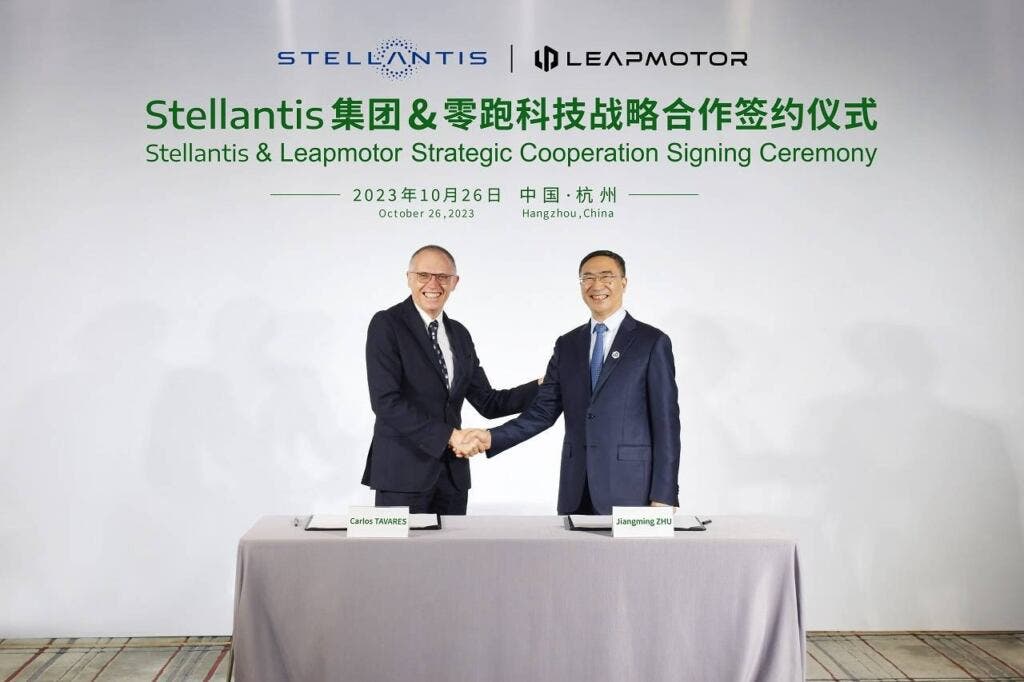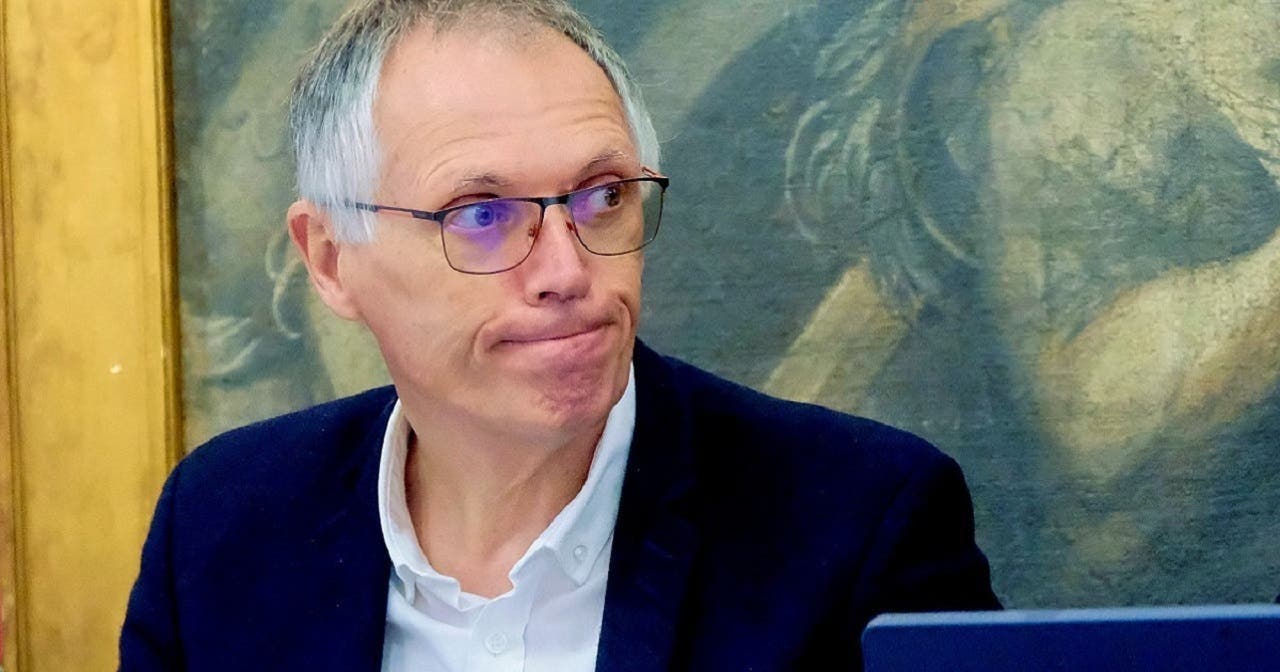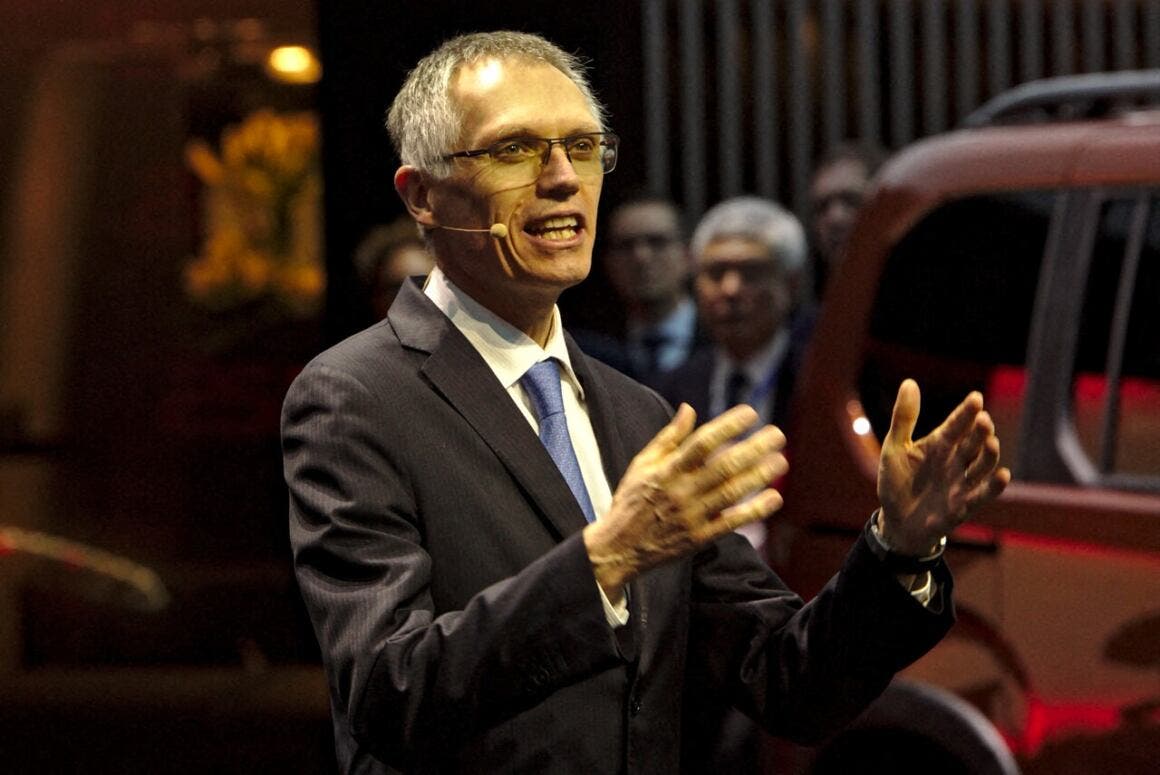Behind the collaboration between Stellantis and Leapmotor is the signature of Carlos Tavares, the former CEO of the group, who stepped down in December 2024. From this partnership was born Leapmotor International, a joint venture 51% controlled by the automaker now led by Antonio Filosa, with the goal of exporting the Chinese brand’s vehicles to markets outside China.
Carlos Tavares sees Chinese brands as Europe’s lifeline amid auto industry struggles

In hindsight, it turned out to be a winning move, judging by Leapmotor’s rapid growth. In light of these results, Tavares recently stated that the expansion of Chinese automakers should not be seen as a threat, but rather as a potential lifeline for Europe’s struggling car industry, now under pressure from increasingly strict regulations and rising production costs.
Speaking to the Financial Times, Tavares said that only five or six global automakers will survive the next decade. Among them, he named Toyota, Hyundai, BYD, and Geely, predicting that Chinese companies will play a decisive role in the industry’s future.
“Major opportunities are opening up for Chinese brands,” he said. “When a Western automaker is close to collapse, a Chinese one will come in, buy the plants, and save thousands of jobs.”

Since leaving Stellantis nearly a year ago, Tavares has focused on writing a book and making several public appearances in which he criticized Europe’s electric transition strategy. In his view, the 2035 combustion-engine ban has forced automakers into massive, unsustainable investments that may never be recovered.
According to Tavares, the future of the automotive industry will be dominated by a few global powerhouses and a new wave of Chinese leadership ready to fill the void left by Europe. If the Old Continent fails to adapt quickly, it risks becoming dependent on those it now sees as its main competitors.
